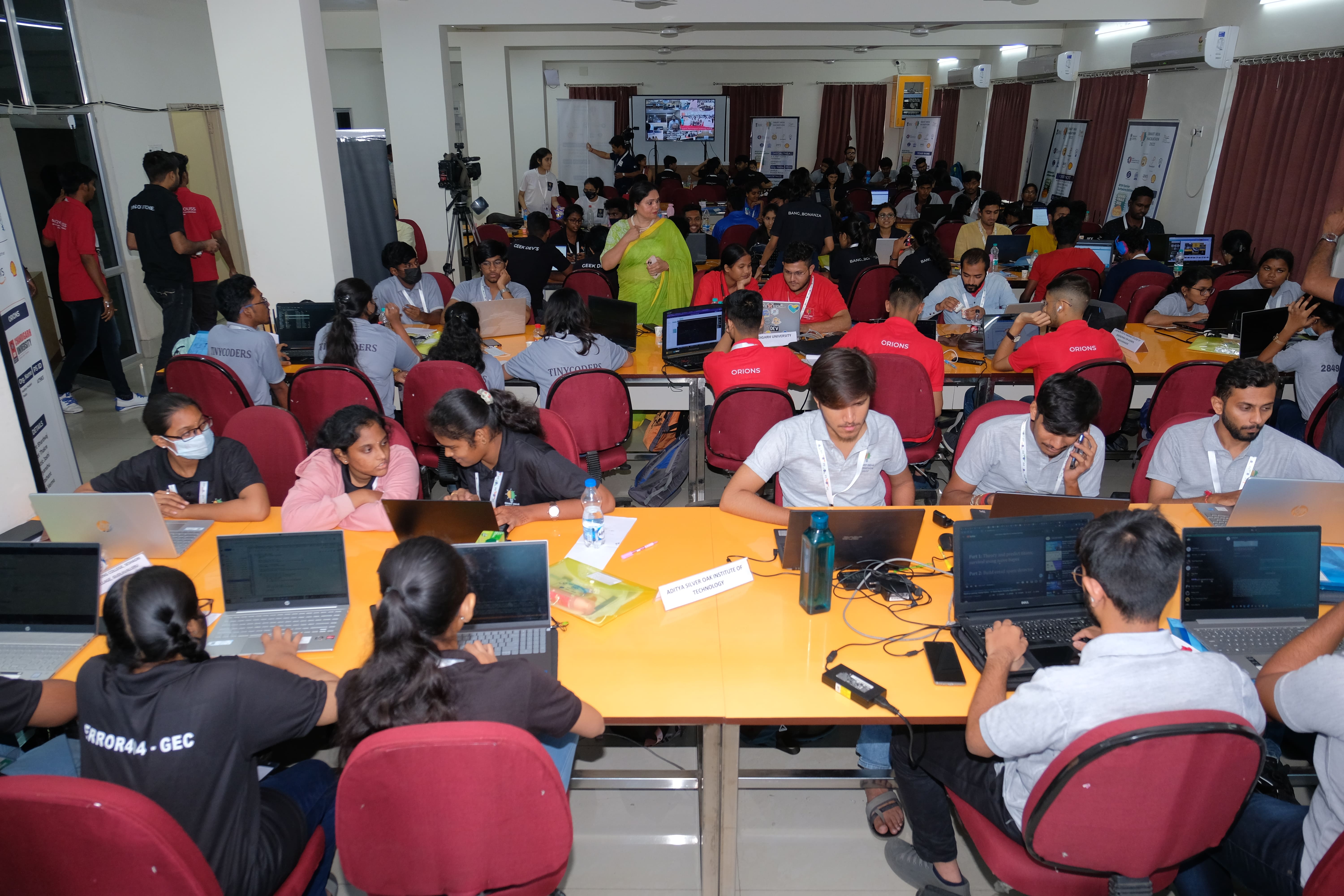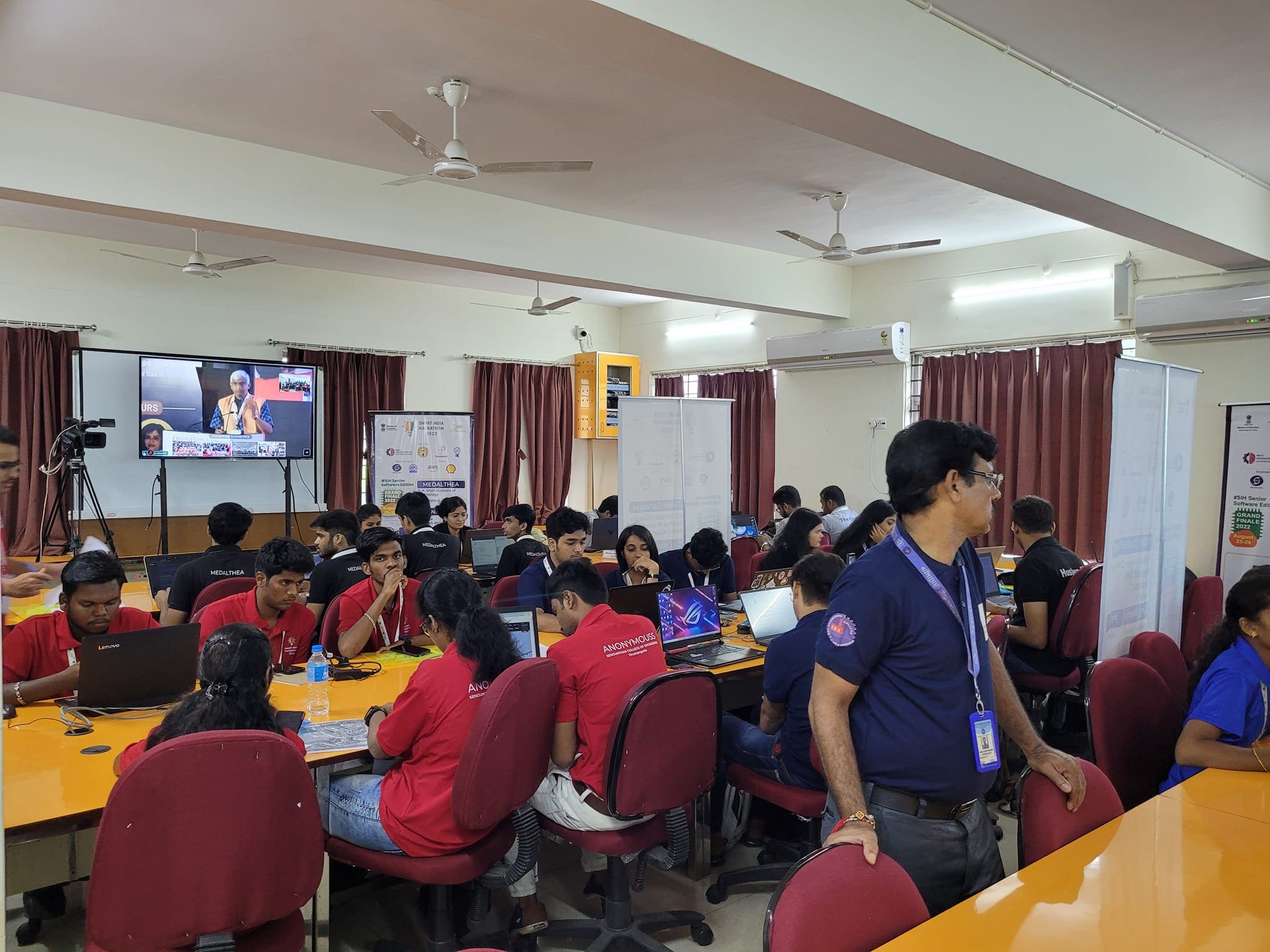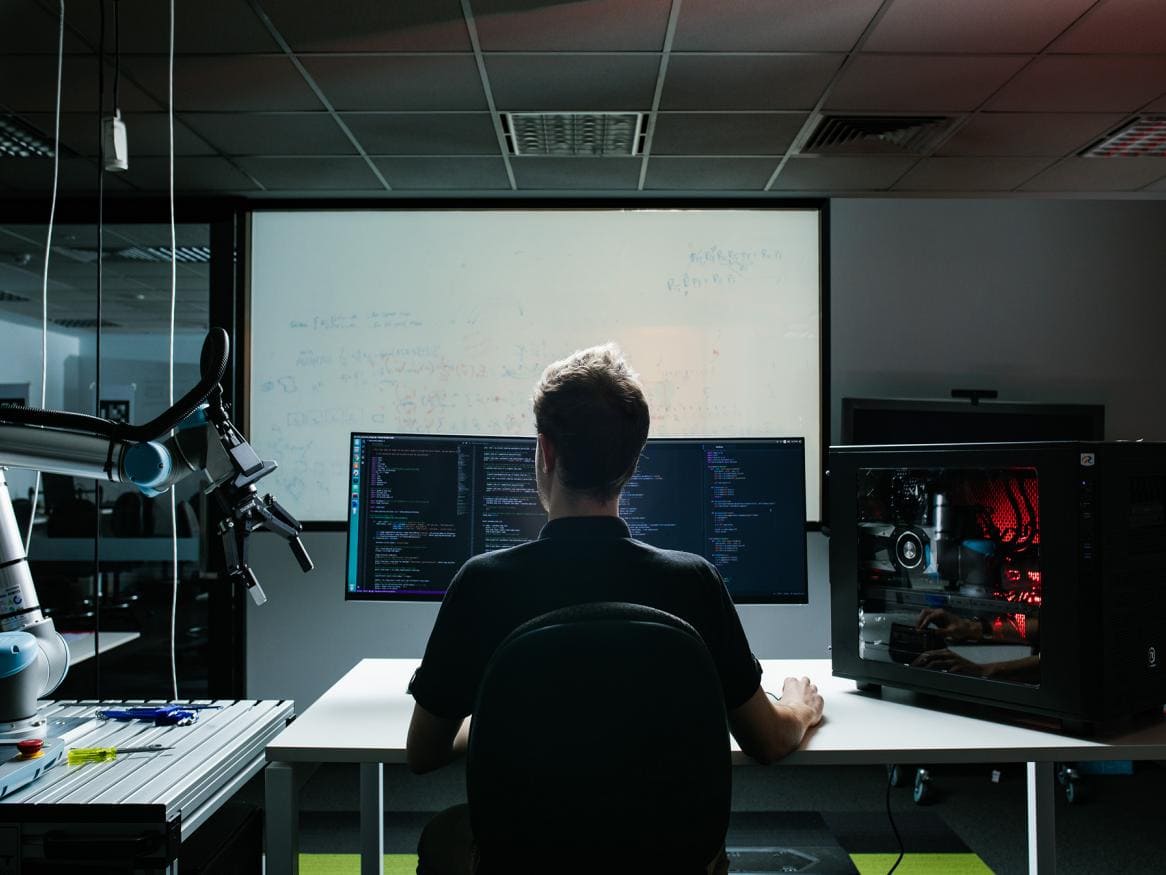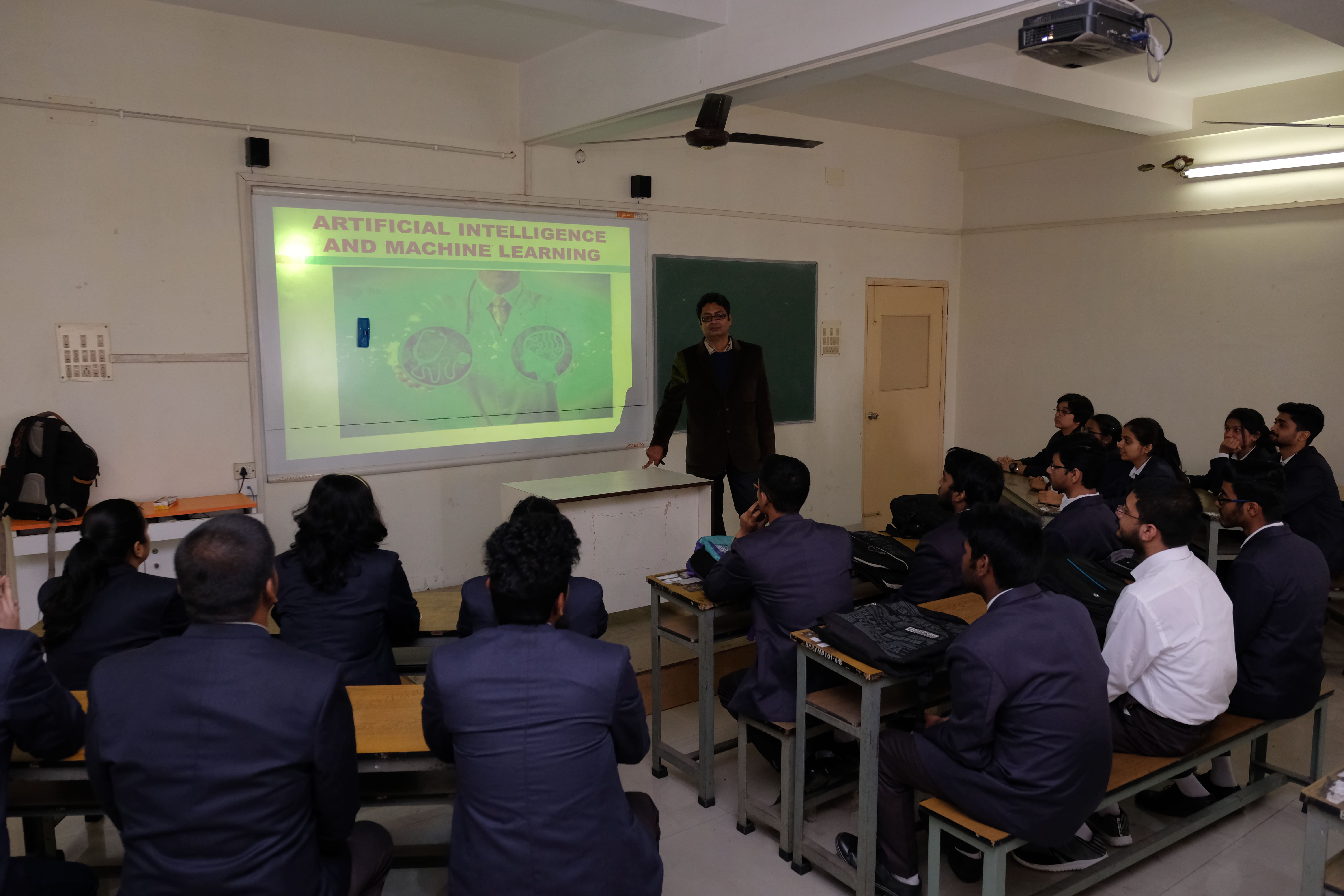|
GOUR SUNDAR
MITRA THAKUR
|
2022 |
Chatterjee, S., & Thakur, G. S. M. (2022). Identification of the Diseased Portions of an Infected Aloe Vera Leaf by Using Image Processing and k-Means Clustering. In Proceedings of International Conference on Computational Intelligence: ICCI 2020 (pp. 195-205). Springer Singapore. |
International |
|
GOUR SUNDAR
MITRA THAKUR
|
2016 |
Mitra Thakur, G. S., Bhattacharyya, R., Sarkar, S., & Kar, P. (2016). Ranking of stocks using a hybrid DS-fuzzy system: an application to Bombay stock exchange. In Advanced Computing and Communication Technologies: Proceedings of the 9th ICACCT, 2015 (pp. 109-116). Springer Singapore. |
International |
|
GOUR SUNDAR
MITRA THAKUR
|
2017 |
Prakash, C., Thakur, G. S. M., Vashisht, N., & Kumar, R. (2017). UMEED-a fuzzy rule-based legal expert system to address domestic violence against women. In Advances in Computer and Computational Sciences: Proceedings of ICCCCS 2016, Volume 1 (pp. 631-638). Springer Singapore. |
International |
|
GOUR SUNDAR
MITRA THAKUR
|
2022 |
Kesh, S., & Thakur, G. S. M. (2022, November). Risk and Weightage Based Route Prediction System Using Machine Learning: A Review. In 2022 International Interdisciplinary Conference on Mathematics, Engineering and Science (MESIICON) (pp. 1-6). IEEE. |
International |
|
GOUR SUNDAR
MITRA THAKUR
|
2010 |
Thakur, G. S. M., Bhattacharyya, R., & Mitra, S. K. (2010, October). Fuzzy Random λ‐Mean SAD Portfolio Selection Problem: An Ant Colony Optimization Approach. In AIP Conference Proceedings (Vol. 1298, No. 1, pp. 553-558). American Institute of Physics. |
International |
|
GOUR SUNDAR
MITRA THAKUR
|
2013 |
Patra, S., & Thakur, G. (2013, March). A proposed neuro-fuzzy model for adult asthma disease diagnosis. In ACER conference computer science and information technology (pp. 191-205). |
National |
|
GOUR SUNDAR
MITRA THAKUR
|
2023 |
Tiwari, A., Gupta, S., & Thakur, G. S. M. (2023, July). Review on Air Pollution Monitoring using AI. In 2023 14th International Conference on Computing Communication and Networking Technologies (ICCCNT) (pp. 1-5). IEEE. |
International |
|
GOUR SUNDAR
MITRA THAKUR
|
2022 |
Chatterjee, S., & Thakur, G. S. M. (2022). Identification of the Diseased Portions of an Infected Aloe Vera Leaf by Using Image Processing and k-Means Clustering. In Proceedings of International Conference on Computational Intelligence: ICCI 2020 (pp. 195-205). Springer Singapore. |
International |
|
ARNAB
BANERJEE
|
2023 |
A. Banerjee, D. Bhattacharjee, N. Das, S. Behra and N. T. Srinivasan, "CARP-YOLO: A Detection Framework for Recognising and Counting Fish Species in a Cluttered Environment," 2023 4th International Conference for Emerging Technology (INCET), Belgaum, India, 2023, pp. 1-7, doi: 10.1109/INCET57972.2023.10170475. |
International |
|
ARNAB
BANERJEE
|
2023 |
Sinha, S. et al. (2023). Deep Learning-Based Identification of Vegetable Species: System for Specially Abled Persons. In: Bhateja, V., Yang, XS., Lin, J.CW., Das, R. (eds) Evolution in Computational Intelligence. FICTA 2022. Smart Innovation, Systems and Technologies, vol 326. Springer, Singapore. https://doi.org/10.1007/978-981-19-7513-4_36 |
International |
|
ARNAB
BANERJEE
|
2022 |
Banerjee, A., Chakraborty, R., Behra, S., Srinivasan, N.T., Bhattacharjee, D., Das, N. (2022). Deep Learning Based Identification of Three Exotic Carps. In: Das, A.K., Nayak, J., Naik, B., Vimal, S., Pelusi, D. (eds) Computational Intelligence in Pattern Recognition. CIPR 2022. Lecture Notes in Networks and Systems, vol 480. Springer, Singapore. https://doi.org/10.1007/978-981-19-3089-8_40 |
International |
|
ARNAB
BANERJEE
|
2022 |
Banerjee, A., Paul, S., Priya, T., Rohit, A., Das, N. (2023). A Deep Learning-Powered Voice-Enabled Math Tutor for Kids. In: Santosh, K., Goyal, A., Aouada, D., Makkar, A., Chiang, YY., Singh, S.K. (eds) Recent Trends in Image Processing and Pattern Recognition. RTIP2R 2022. Communications in Computer and Information Science, vol 1704. Springer, Cham. https://doi.org/10.1007/978-3-031-23599-3_31 |
International |
|
ARNAB
BANERJEE
|
2017 |
Banerjee, A., Das, N., Nasipuri, M. (2017). Texture Classification Using Deep Neural Network Based on Rotation Invariant Weber Local Descriptor. In: Santosh, K., Hangarge, M., Bevilacqua, V., Negi, A. (eds) Recent Trends in Image Processing and Pattern Recognition. RTIP2R 2016. Communications in Computer and Information Science, vol 709. Springer, Singapore. https://doi.org/10.1007/978-981-10-4859-3_26 |
International |














